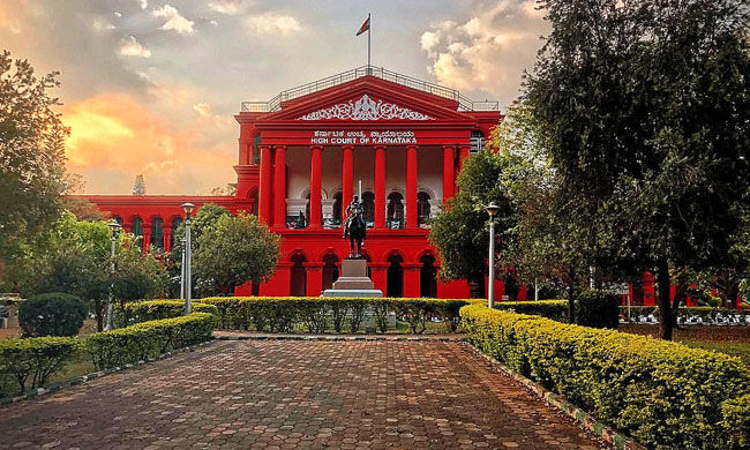Police Officer Not Obligated To Register FIR On Information About Offence "Likely To Take Place": Karnataka High Court
Mustafa Plumber
8 April 2022 2:13 PM IST

Next Story
8 April 2022 2:13 PM IST
The Karnataka High Court has said it is not necessary to register FIR whenever a police officer receives information over the phone or in some other way about an offence which is likely to take place. It clarified that the mandate under Section 154 for registration of FIR comes into picture when cognizable offence "has been committed".Justice Sreenivas Harish Kumar said, "It is not...
